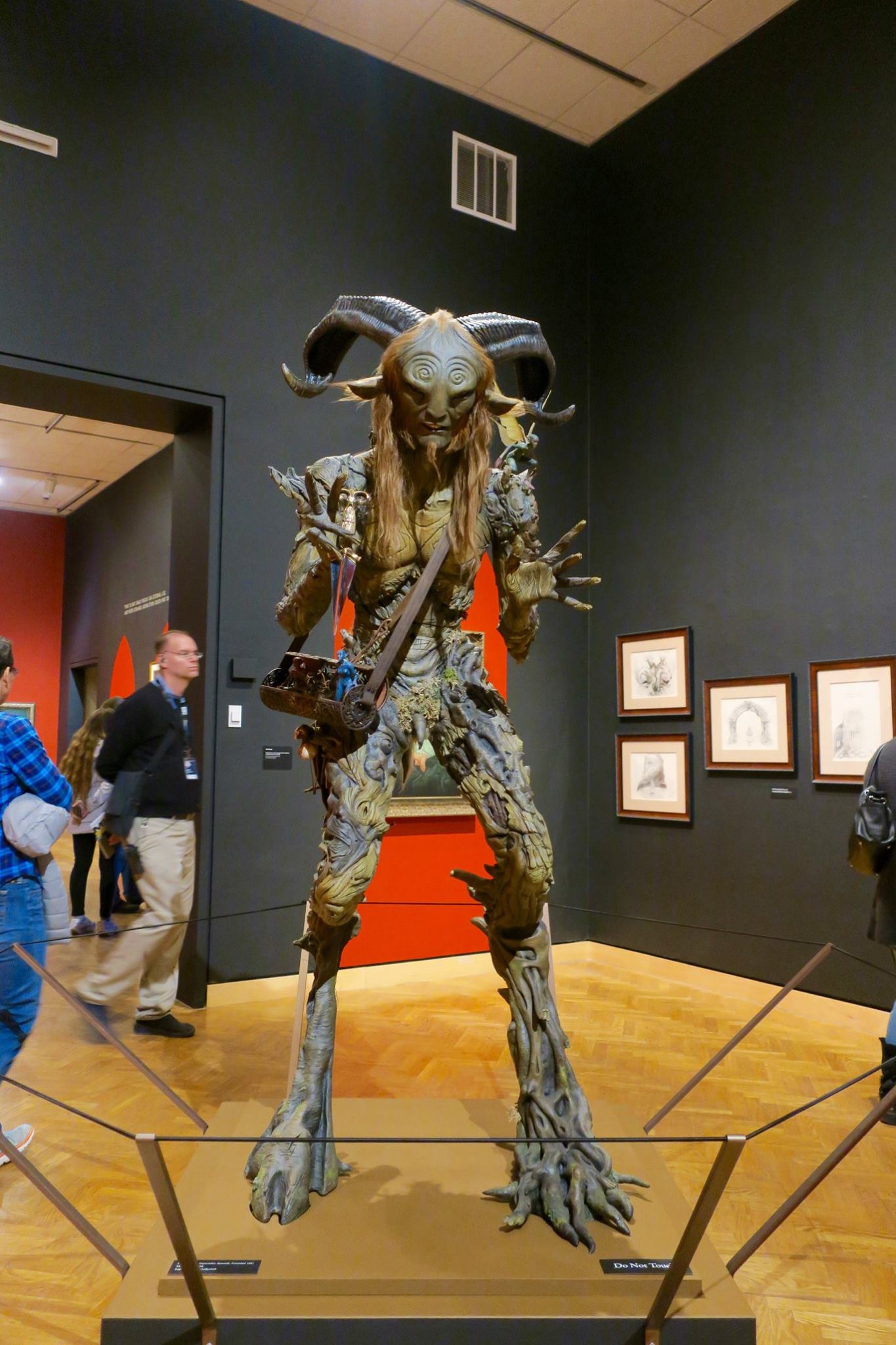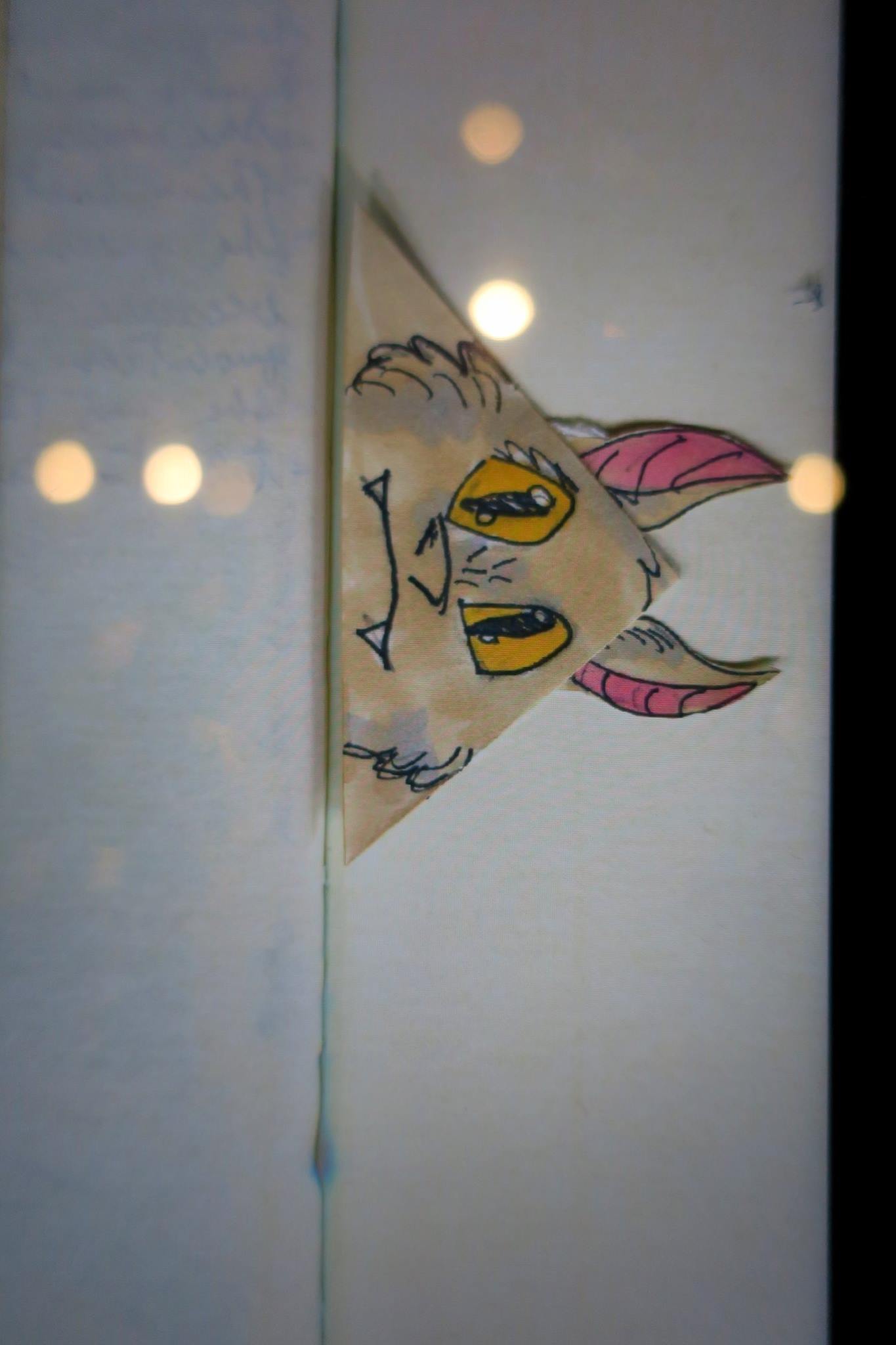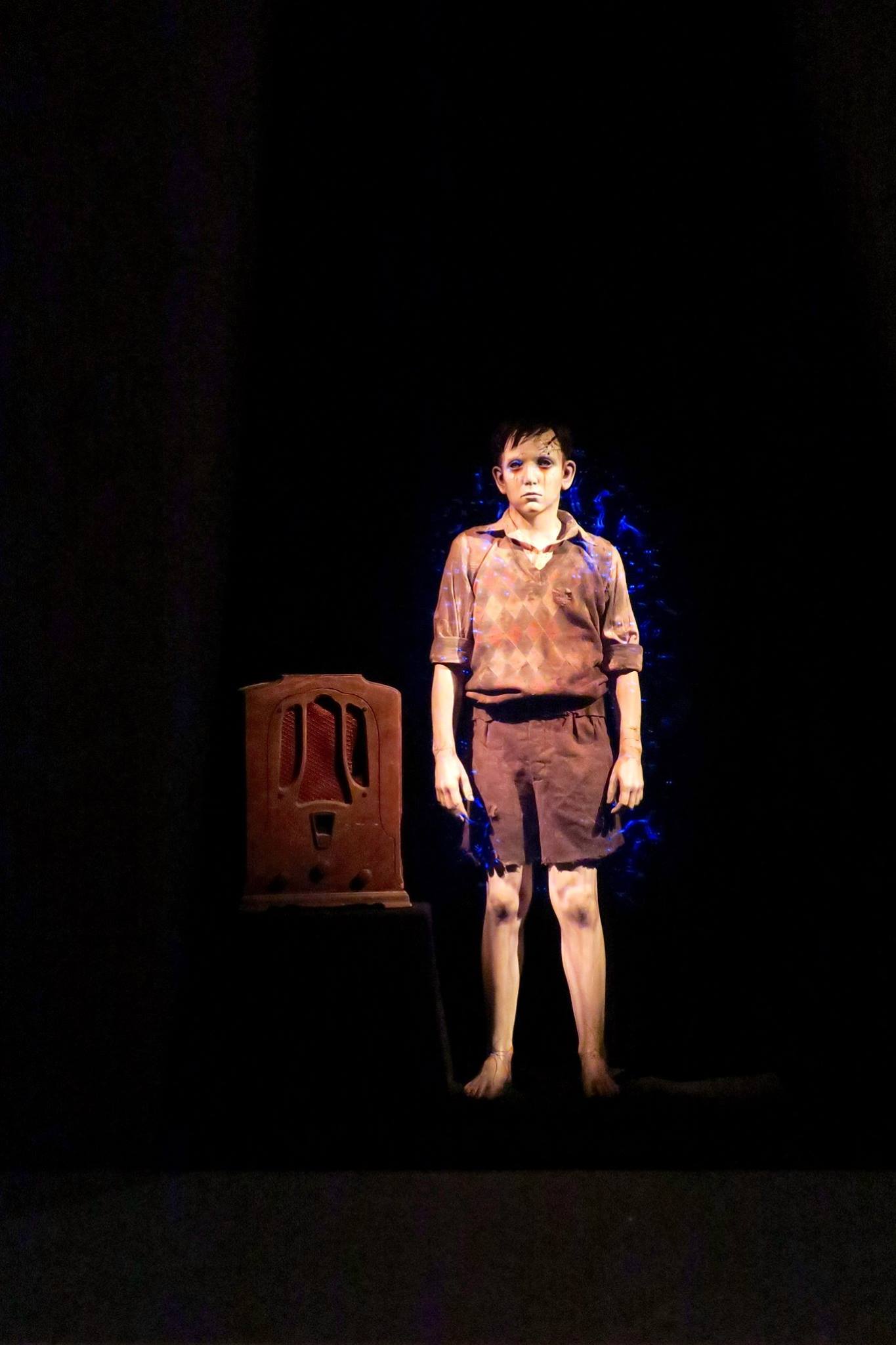One of the things almost every writer will run into is rejection. The dreaded ‘thanks but no thanks’ form letter that crushes souls and dreams of writers everywhere. But that doesn’t mean they are just piles of suck.
You send your little word baby out into the world and someone kicks it back home. Now, sometimes the word baby comes back with a note attached, “pretty voice, but too long”; “great personality, but not for us” and so on. These notes are awesome. Personalized rejections are a great thing to get.
Most of the time your word baby will have a simple form letter stapled to its face. “Thank you for submitting to xyz. Our editors read your story and decided it was not appropriate for xyz. Thank you” or something of that sort.
Now, here’s what should do after you get any kind of rejection:
1. Read it, record it, and move on
Read it once. Twice at most, and then either delete it or put it in a file where you can’t easily see it. You don’t need to read it over and over again stressing about every word in that email and trying to find some hidden meaning in it. Read it, record it, and move on. (You should be keeping track of everywhere you’re sending your stories so make note of when you received the rejection and what it said.)
2. If you got feedback, add it to the story
Now right after a rejection, you might be a little too unhappy to dive immediately into the story, and that’s cool. But if you get a particular suggestion from an editor then copy and paste it into your file so you can look at it later. A lot of these suggestions will be very helpful, especially once you’re not stinging from the BURN OF REJECTION.
3. Do something else
If a rejection notice really gets under your skin, go do something physical. Run, box, dance naked around your house, take a bubble bath and play battleship with the shampoo bottle. Just go do something and get that energy out. It will help calm you down.
4. Look for other places to submit
There are tons of calls out there and you can almost always find another home for your little word baby. If you think your story is solid, then go ahead and resubmit it out to a new market. Just make sure you record it.
5. WRITE MORE
This is kind of an always sort of thing, but don’t let a rejection keep you from getting writing done. Get back to writing and putting words on paper.
Things you should NOT do.
1. Write an email back
DO NOT RESPOND TO THE REJECTION. Especially if your instinct is to respond by spitting acid across the internet in an attempt to dissolve said editor/agent person.
BAD WRITER. NO.
Do not send an angry email or demand to know how they could possibly deny you. Unless the rejection email specifically asks for something, for instance, “This wasn’t quite right for us but we like your voice. Do you have anything else?” or if you are asked to make revisions and resubmit. Then by all means respond, but otherwise, let it go and do not scream into the void.
2. DO NOT BLAST THE COMPANY
Professionalism is the name of the game and professionalism doesn’t go on screaming rants about that terrible dumb company that dared to reject MOI! This also applies to bad reviews. Just do not engage. Rant to friends, family, dogs, cats, lost circus bears, etc. but do not put that in writing and send it out into the universe. It’s been said a million times, but publishing is smaller than you think and a lot of people will see your meltdown.
3. DO NOT GIVE UP FIVEEVER
I know that being told no, especially being told no over and over can be disheartening. It can be enough to make you want to hang up your writing shoes (writing mittens? Writing hands? What the hell do writers wear?) and give up. DON’T. If you need to take a day or two to be devastated, that’s fine, but don’t stop. DON’T EVER STOP. (*que Journey’s Don’t Stop Believing montage here*)
Now from here, you can send that little word baby out to a new potential home; scrap that story and shelf it for a while; or you can pull out your seam rippers and cut ‘er open and see what’s wrong. If a story has been rejected multiple times, it’s probably time for a little bit of surgery to see what’s not ticking quite right. Take any feedback you’ve gotten and see if it fits, let a new person read it and see what they think. Play, tinker and create. THAT’S YOUR JOB.
Rejection is a part of the game. It’s a crappy part, but rejection means you’re out there doing your damnedest and that deserves some celebration. Getting a rejection means you’re out there trying, and working at it. People who never finish anything never get rejections so you’re that much further ahead. GO YOU!
So here’s to you and to all your past, present and future rejection letters!






